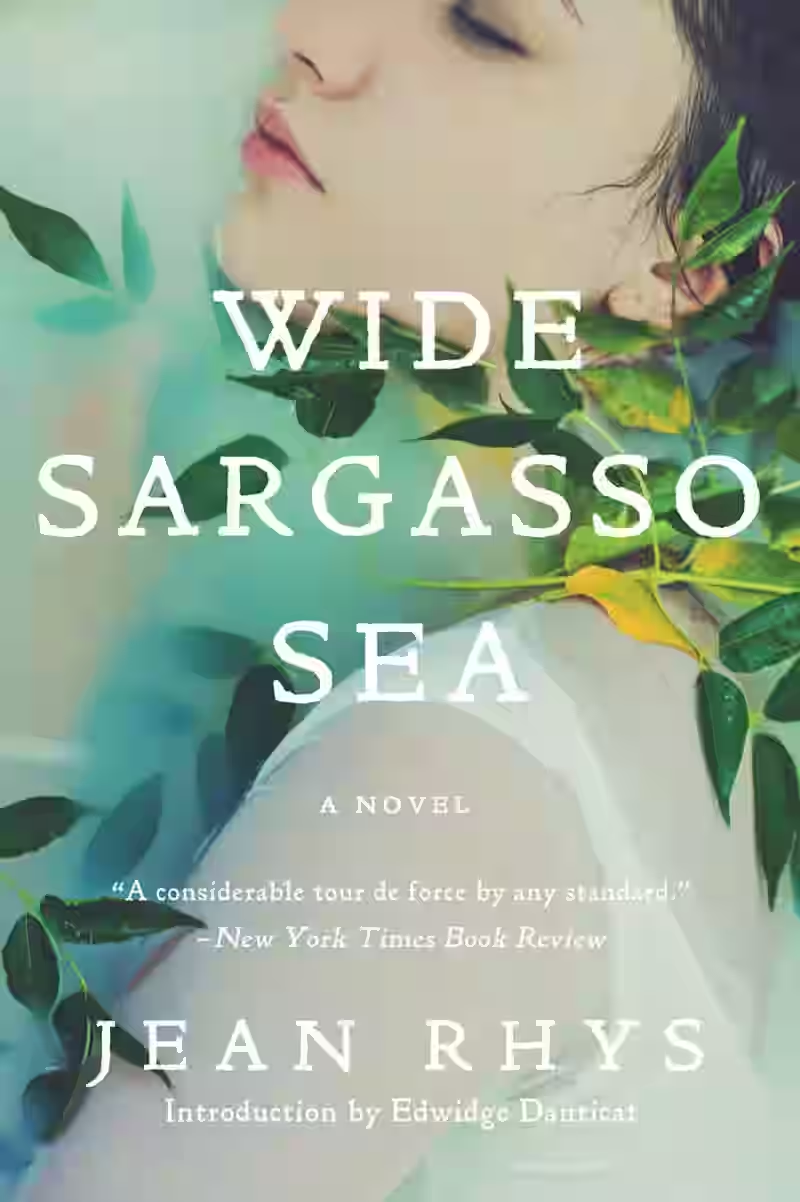
Jean Rhys's 'Wide Sargasso Sea' is a gripping and thought-provoking novel that serves as a prequel to Charlotte Bronte's 'Jane Eyre.' Set in Jamaica, it delves into themes of colonialism, racial identity, and madness through the character of Antoinette Cosway, who is later known as Bertha Mason in 'Jane Eyre.' The story explores Antoinette's struggles with her Creole heritage, oppressive societal norms, and her descent into madness. Rhys masterfully weaves a tale of love, betrayal, and loss, offering a fresh perspective on a classic literary character. 'Wide Sargasso Sea' is a haunting and powerful narrative that challenges traditional narratives and leaves a lasting impact on its readers.
About Jean Rhys
Jean Rhys (1890–1979) was a Dominican-British writer known for her haunting and introspective novels exploring themes of displacement, alienation, and the struggles of women. Born Ella Gwendolyn Rees Williams in Roseau, Dominica, Rhys moved to England in her late teens to pursue a writing career. Her most famous work, 'Wide Sargasso Sea' (1966), is a prequel to Charlotte Brontë's 'Jane Eyre' and delves into the story of Bertha Mason. Rhys' writing style is characterized by its poetic language and deep psychological insights that resonate with readers long after the final page. Despite facing personal challenges, Rhys made a significant impact on literature, influencing subsequent generations of writers with her unflinchingly raw and honest portrayals of human emotions and experiences.
Similar Books
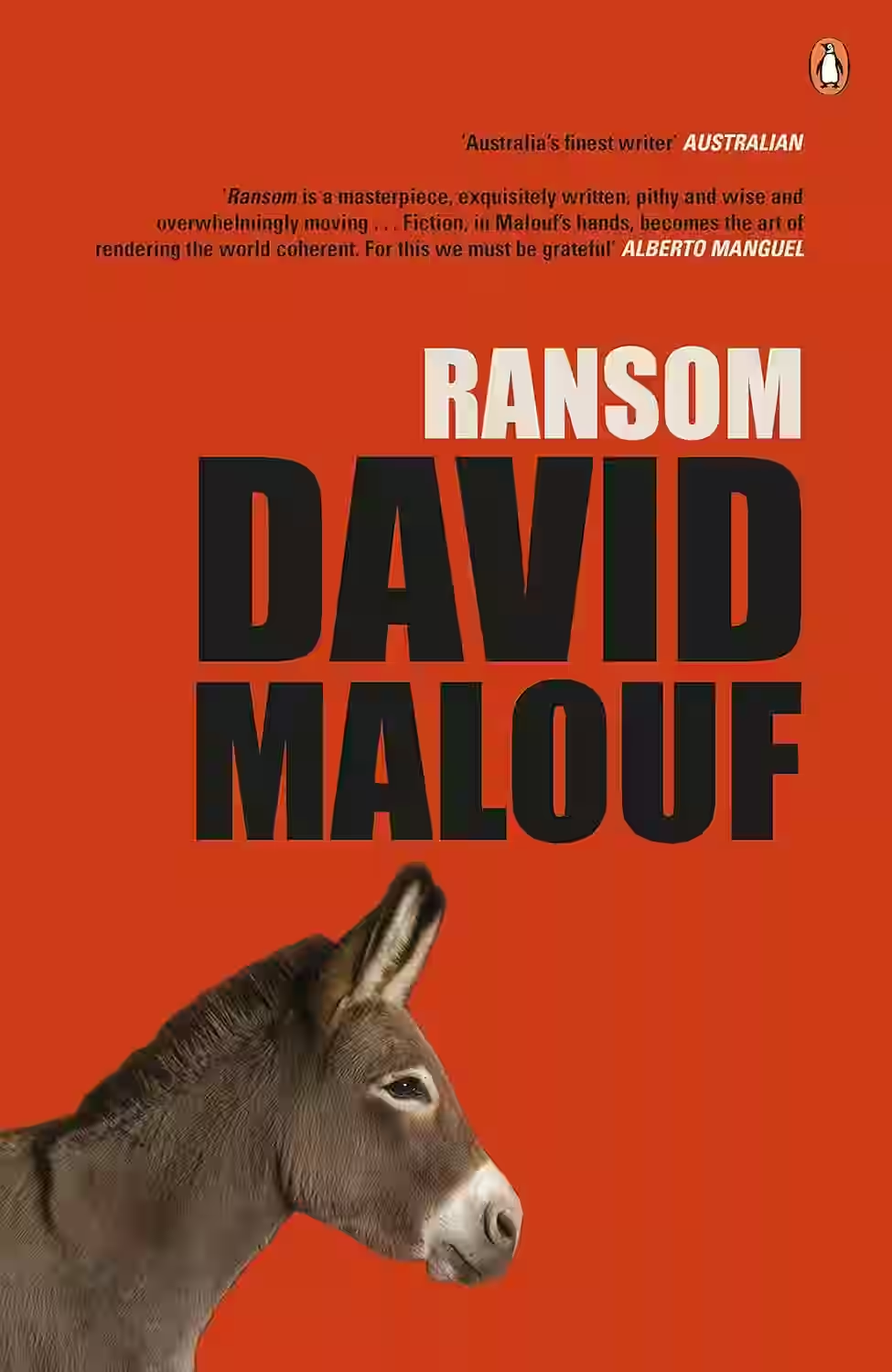
Ransom
by David Malouf
David Malouf's 'Ransom' offers a poignant reimagining of a brief, but pivotal episode in Homer's 'Iliad'. The novel focuses on King Priam of Troy's journey to retrieve the body of his slain son Hector from the Greek warrior Achilles. Malouf explores themes of grief, redemption, and the transformative power of human compassion. The narrative shifts between Priam's introspective reflections and Achilles' struggles with his own wrath and sorrow, delving into the interplay of fate and vulnerability in the face of monumental loss. Malouf's lyrical prose and deep empathy for his characters render this tale not just a retelling, but a profound meditation on the potential for change and understanding even amidst the chaos of war.
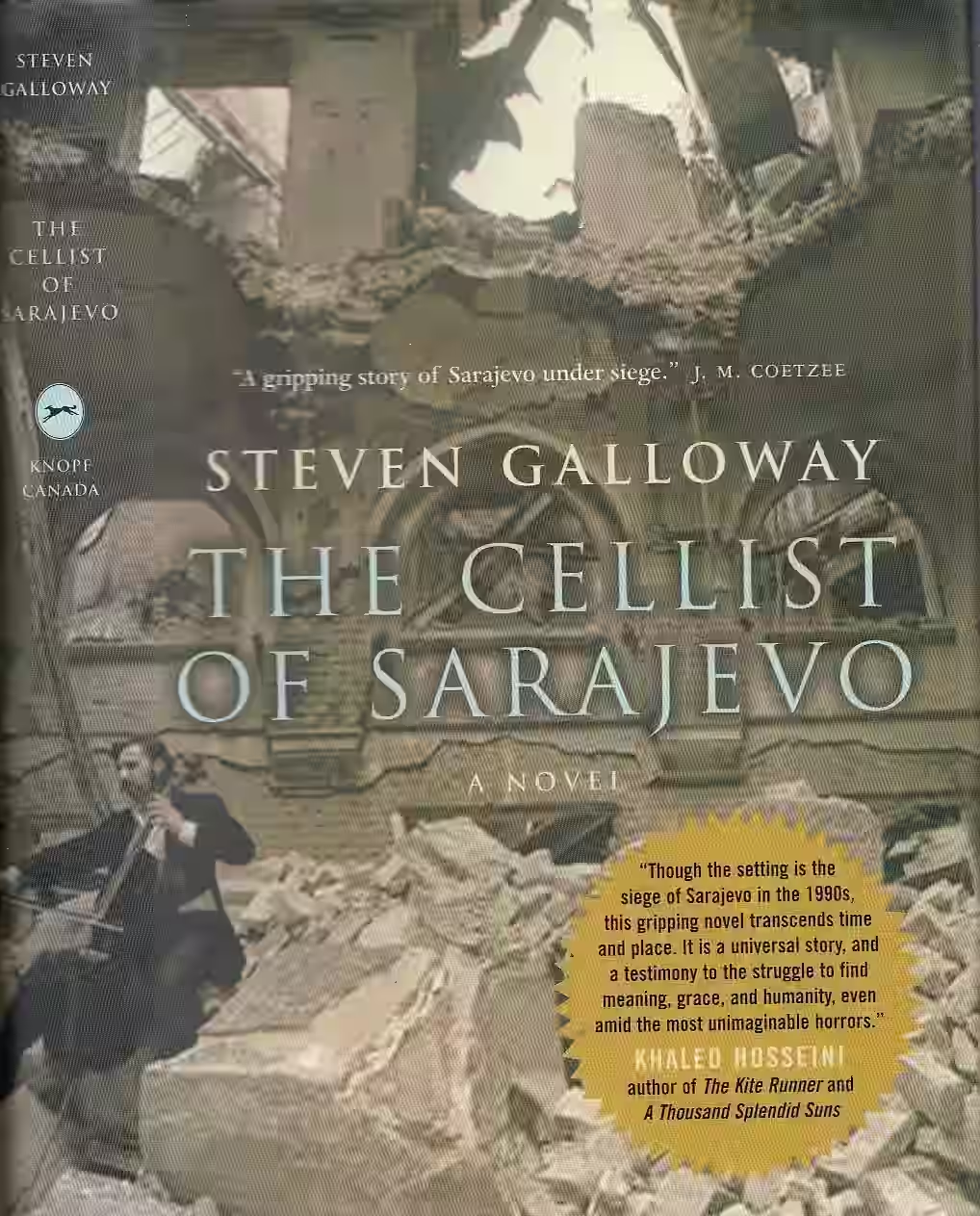
The Cellist of Sarajevo
Set during the siege of Sarajevo in the early 1990s, 'The Cellist of Sarajevo' by Steven Galloway is a poignant exploration of life under siege. The novel interweaves the lives of three characters—Dragan, Kenan, and Arrow—each struggling to preserve their humanity amidst the chaos of war. Their stories orbit around the figure of a cellist, who plays Albinoni's Adagio in the streets to commemorate the lives lost to a mortar attack. Galloway deftly captures the resilience of the human spirit, the impact of art in times of despair, and the simple acts of courage that shine through the shadows of conflict. The book's haunting prose and meditative tone create an indelible reflection on the moral choices faced in brutal circumstances.
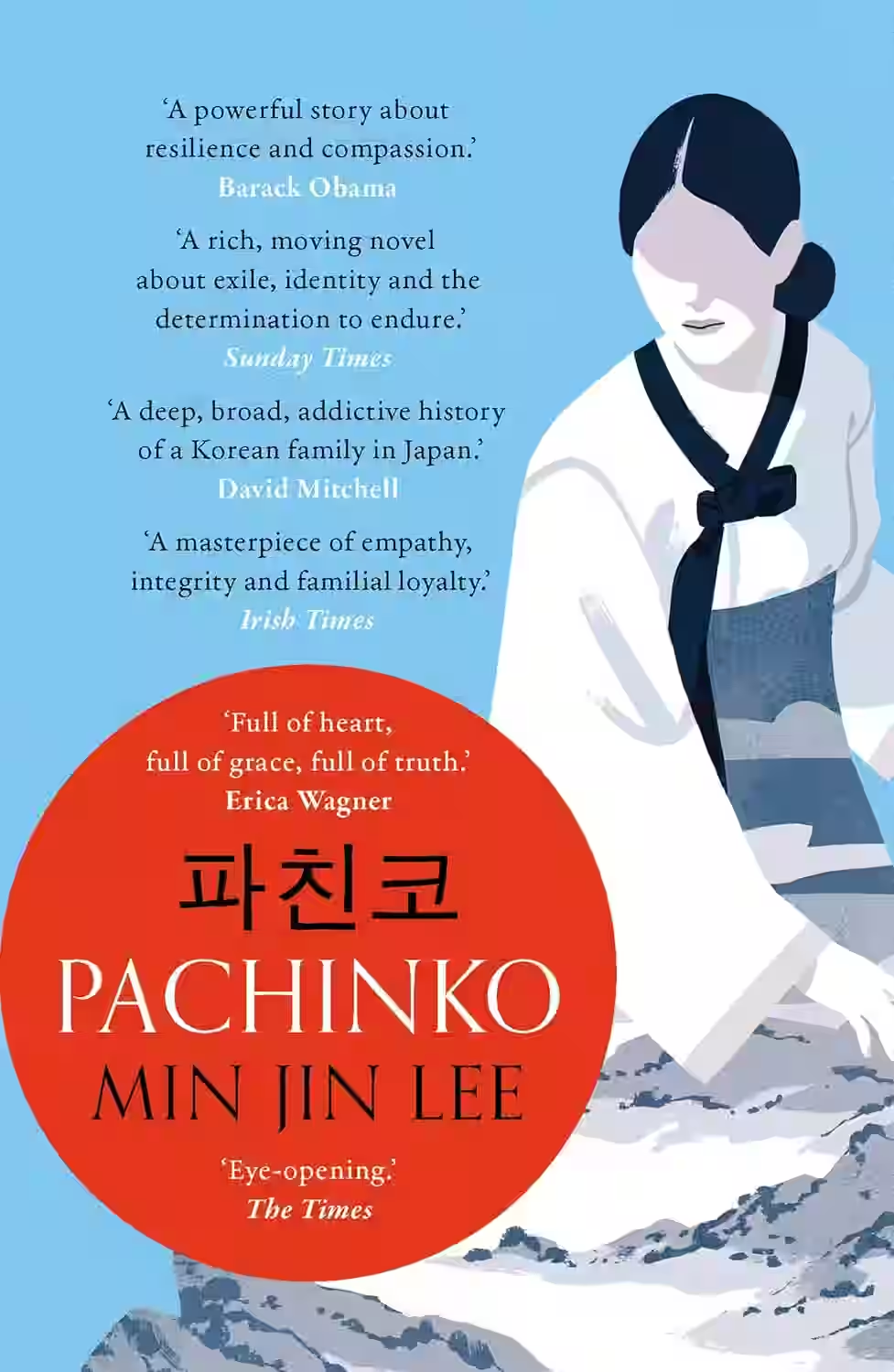
Pachinko
by Min Jin Lee
A victorian epic transplanted to Japan, following a Korean family of immigrants through eight decades and four generations. Yeongdo, Korea 1911. In a small fishing village on the banks of the East Sea, a club-footed, cleft-lipped man marries a fifteen-year-old girl. The couple have one child, their beloved daughter Sunja. When Sunja falls pregnant by a married yakuza, the family face ruin. But then Isak, a Christian minister, offers her a chance of salvation: a new life in Japan as his wife. Following a man she barely knows to a hostile country in which she has no friends, no home, and whose language she cannot speak, Sunja's salvation is just the beginning of her story. Through eight decades and four generations, Pachinko is an epic tale of family, identity, love, death and survival.
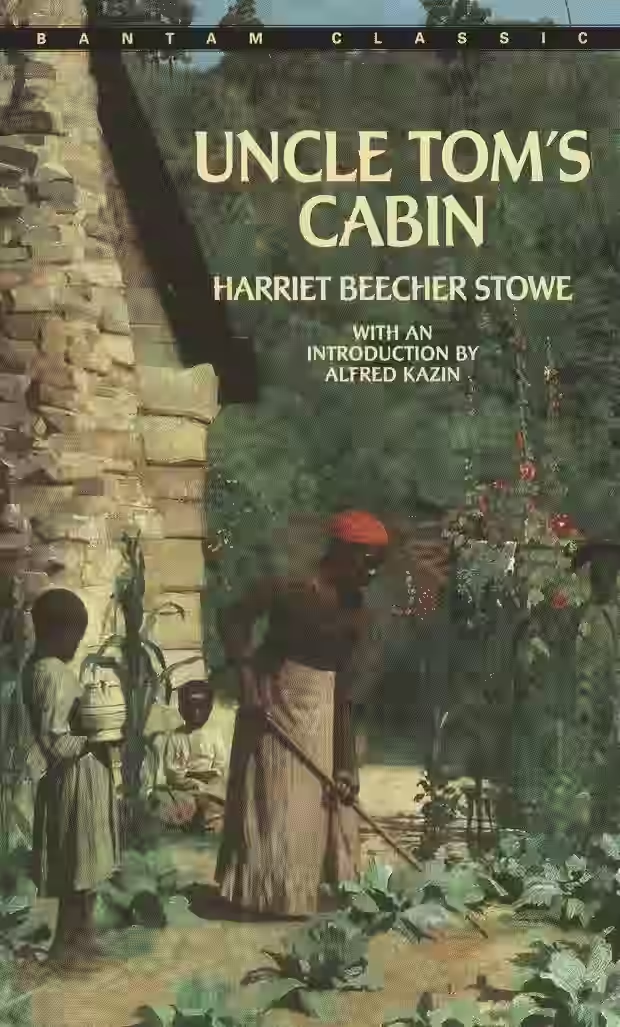
Uncle Tom’s Cabin
A landmark anti-slavery novel, Uncle Tom’s Cabin tells the story of enslaved man Tom and the brutal realities of slavery in 19th-century America. With vivid characters and emotional power, it galvanized abolitionist movements and shaped public opinion like no other book of its time. Though controversial for its portrayals today, it remains a pivotal work in American literature and history, sparking empathy and national debate.